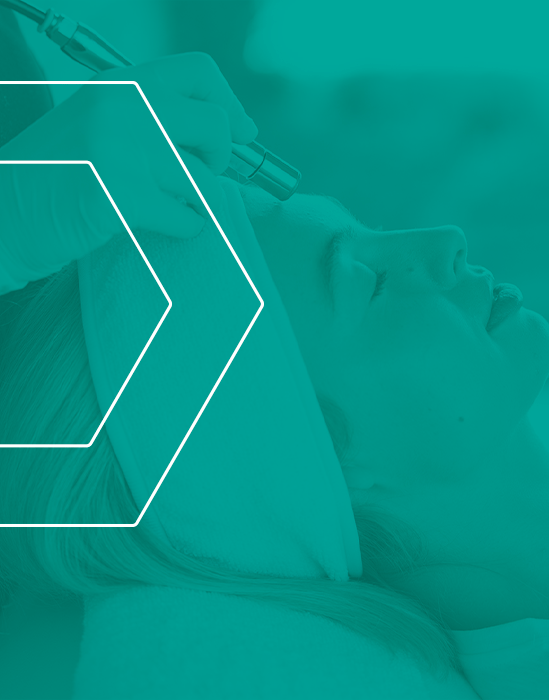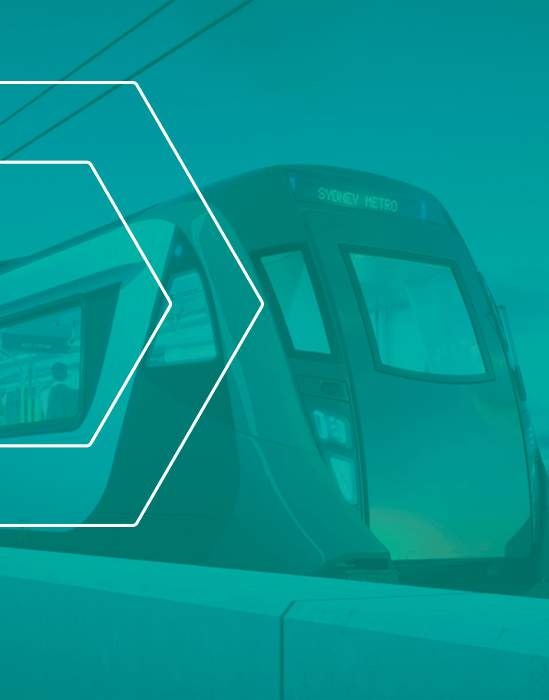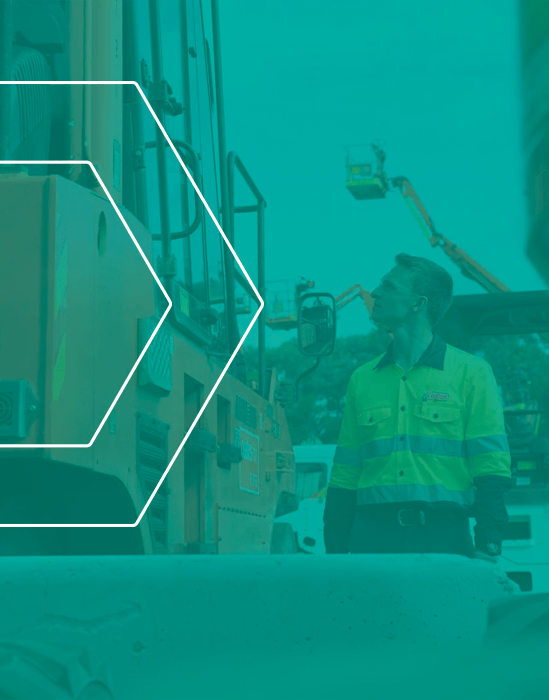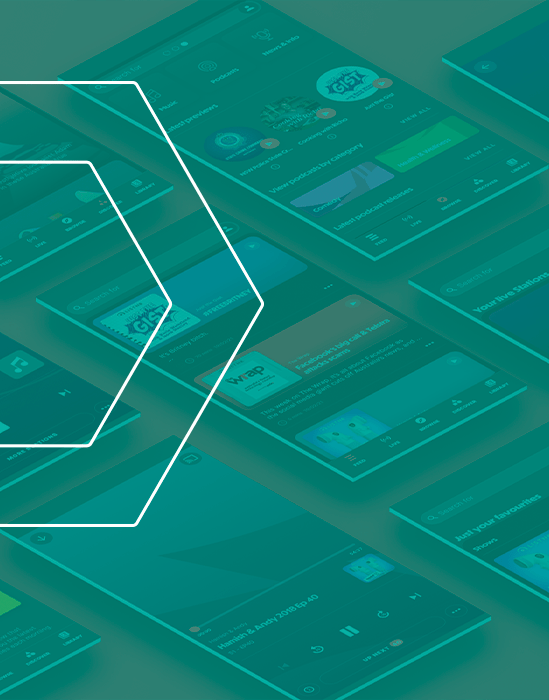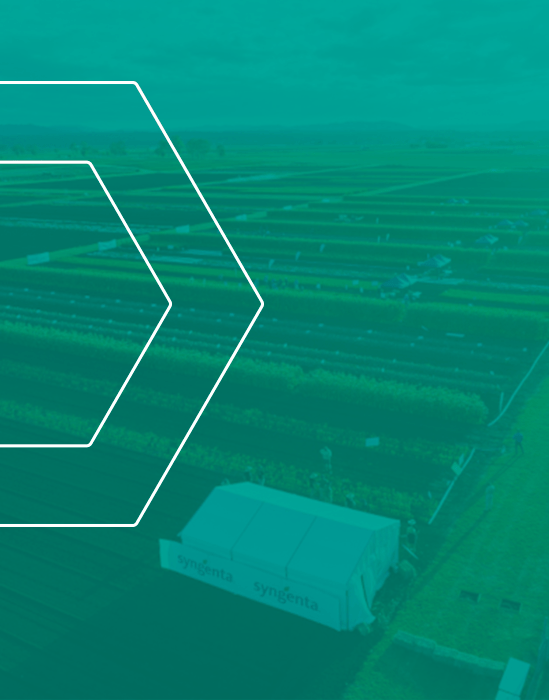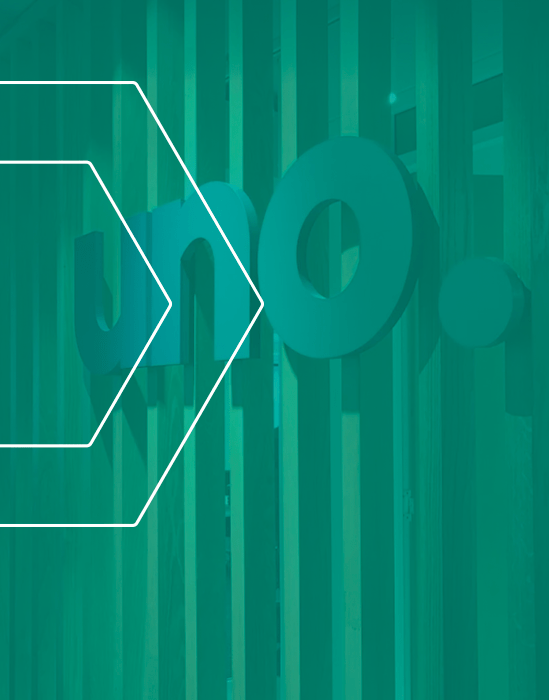
CX Training & Customer Experience Workshops
In today’s competitive market, CX Training is essential to empower teams and align customer and employee experiences.
Our program equips organisations with the skills to design and deliver seamless interactions that foster collaboration, loyalty, and measurable growth. With tailored modules and practical workshops,
Proto helps your people translate CX principles into everyday behaviours. By combining strategy with hands-on learning, and Capability Building services enable teams to strengthen customer-first culture, master journey mapping, and improve the moments that matter most.
We can help you build customer experience capability across your team through a client experience workshop, that deepens customer understanding.
What we uncover
We identify the skills, knowledge, and behaviours your team needs to raise the standard of customer experience.
Assessment of current team capability and gaps
Insights into where training will deliver the greatest impact
Clear understanding of the cultural and behavioural shifts required
What we create
We create tailored CX training programs that are practical, engaging, and tied to business outcomes.
Training modules aligned to your strategy, priorities, and team roles
Playbooks, tools, and frameworks that can be used every day
Programs designed to build confidence and embed consistent practices
What it delivers
We help your people put training into action and prove the value of better customer experiences..
Step-by-step training rollout and support
Measurement frameworks to track improvements in capability and outcomes
Sustainable uplift in customer experience that translates into ROI
Ready to equip your team to deliver better experiences?
Book a session with our team to design CX training that builds capability and delivers results.
Areas of expertise
Customer Experience Training
Empower your people with CX Training & Capability and client experience workshops tailored to every stage of the customer journey. From frontline staff to leadership teams, our training ensures consistent delivery of high-quality interactions that strengthen loyalty, improve efficiency, and reinforce your brand promise.
Customer Experience Assessment
We establish proven frameworks that define the skills, behaviours, and standards needed to deliver exceptional customer experiences. With our CX Capability approaches, your teams are equipped with practical tools that scale across departments and create measurable, lasting improvements.
Build a Customer-Centric Culture
Sustainable growth requires more than process change — it needs a mindset shift. Our CX Training helps embed a customer-first culture, aligning decisions and behaviours across the organisation so every action reflects your audience’s needs and expectations.
Customer Journey Mapping
To unlock the full value of journey maps, you need to know where you stand today. Our customer journey maps provides a clear view of strengths, pain points, and opportunities. We then design programs that close gaps and turn insights into action.
Build a Customer-Centric Business
Sustainable growth requires more than process change, it needs a mindset shift. Our CX Consulting Sydney team helps embed a customer-first culture, aligning decisions and behaviours across the organisation so every action reflects your audience’s needs and expectations.
Voice of the Customer
To unlock the full value of journey maps, you need to know where you stand today. Our voice of the customer system provides a clear view of strengths, pain points, and opportunities. We then design programs that close gaps and turn insights into action.

ICX Training: Building Customer-Centric Teams That Drive Business Growth
Customer experience training transforms your employees into customer advocates who deliver exceptional experiences at every touchpoint. In today's competitive landscape, well-trained teams are the difference between businesses that thrive and those that struggle to retain customers.
CX Training FAQs
What is CX Training?
CX training is specialised education that equips employees with the skills, knowledge and mindset needed to deliver exceptional customer experiences. Unlike traditional customer service training, CX training takes a holistic approach, focusing on understanding customer needs, building empathy and creating positive interactions across all departments, not just the frontline.
What is the business impact of CX Training?
Companies that invest in comprehensive CX training see measurable improvements in customer satisfaction, employee engagement and bottom-line results. Research shows that organisations with well-trained customer-facing teams can achieve higher customer retention rates and stronger revenue growth compared to competitors.
Key benefits of CX training include:
Increased revenue: Trained employees are better at identifying upsell and cross-sell opportunities and reducing churn through proactive problem-solving.
Improved efficiency: Skilled teams resolve issues faster and more effectively, reducing operational costs.
Enhanced reputation: Consistent positive experiences drive word-of-mouth referrals and stronger online reviews.
Employee satisfaction: CX training increases job satisfaction and reduces turnover by giving employees confidence, tools and clear ways to succeed in their roles.
Who should attend CX training in our organisation?
CX training is relevant for anyone who influences the customer experience, including frontline teams, contact centre staff, branch and store teams, digital and product owners, operations, and leaders. When cross-functional groups learn together, they build a shared understanding of the customer and can align more effectively on how to improve key journeys.
How do Proto’s CX training programs work in practice?
Our tailored programs combine proven frameworks with hands-on learning so participants can apply new skills straight away. We use real customer stories and your own journeys as the basis for activities, and focus on collaboration and practical application rather than theory alone. By designing sessions that fit your context and maturity, we help your people design, deliver and sustain experiences that customers truly value—and turn training into measurable business results, stronger loyalty and a more customer-first culture.
Core Components of Effective CX Training
Customer-Centric Mindset Development
Training begins with shifting perspectives from company-focused to customer-focused thinking, often through client experience workshops. Employees learn to see interactions through the customer's eyes, understanding pain points and emotional drivers that influence satisfaction and loyalty.
Communication and Empathy Skills
Practical CX training develops active listening, emotional intelligence, and communication skills that enable employees to connect with customers on a personal level. This includes verbal and non-verbal communication, conflict resolution, and techniques for managing difficult situations.
Product and Process Knowledge
A comprehensive understanding of products, services, and internal processes enables employees to provide accurate information and efficient problem resolution. Training ensures consistency across all customer touchpoints.
Technology and Tool Proficiency
Modern CX requires proficiency with CRM systems, communication platforms, and analytics tools. Training programs include hands-on practice with relevant technologies to ensure seamless customer interactions.
CX Training Program Types
Frontline Employee Training
Customer service representatives, sales teams, and support staff receive intensive training that focuses on direct customer interaction skills, problem-solving techniques, and the development of emotional intelligence.
Leadership and Management Training
Managers learn to coach customer-centric behaviours, measure CX performance, and create cultures that prioritise customer satisfaction while achieving business objectives.
Cross-Functional Team Training
Departments beyond customer service learn how their roles impact customer experience, fostering collaboration and shared responsibility for customer outcomes across the organisation.
Specialised Role Training
Tailored programs for specific functions such as technical support, account management, or field service that address unique challenges and customer interaction patterns.
Training Delivery Methods
In-Person Workshops
Interactive sessions that build team cohesion while developing skills through role-playing, case studies, and collaborative problem-solving exercises.
Online Learning Platforms
Flexible, self-paced modules that allow employees to learn at their convenience while tracking progress and ensuring consistent knowledge transfer.
Blended Learning Approaches
A combination of online content and in-person practice that maximises learning effectiveness while accommodating diverse learning styles and scheduling requirements.
Ongoing Coaching and Reinforcement
Regular coaching sessions, peer learning opportunities, and refresher training that embed skills and ensure continuous improvement.
Measuring CX Training Effectiveness
Customer Satisfaction Metrics
Track improvements in Net Promoter Scores, customer satisfaction ratings, and complaint resolution times following training implementation.
Employee Performance Indicators
Monitor changes in employee confidence, engagement scores, and performance metrics related to customer interactions.
Business Outcomes
Measure revenue impact through increased sales, reduced churn, and improved customer lifetime value directly attributable to enhanced customer experiences.
Knowledge Retention
Regular assessments ensure training content is retained and applied correctly in real-world customer situations.
Industries Benefiting from CX Training
Retail: Staff trained in customer engagement and product knowledge create shopping experiences that drive loyalty and repeat purchases.
Healthcare: Training helps medical staff balance clinical efficiency with patient care, improving satisfaction while maintaining quality outcomes.
Financial Services: Employees learn to simplify complex products and build trust through transparent, helpful interactions.
Technology: Support teams develop skills to explain technical concepts clearly while providing efficient problem resolution.
Implementing Successful CX Training Programs
Needs Assessment - Identify specific skill gaps, customer feedback themes, and business objectives that training should address to ensure targeted, relevant content.
Customised Curriculum Development - Create training materials that reflect your brand values, customer base, and specific challenges while incorporating proven CX principles and techniques.
Leadership Commitment - Ensure management demonstrates a commitment to customer experience through active participation, strategic resource allocation, and consistent reinforcement of training concepts.
Continuous Improvement - Regular program evaluation and updates based on customer feedback, employee input, and changing business needs ensure ongoing effectiveness.
Transform Your Team with Proto Partners CX Training
Proto Partners delivers comprehensive CX training programs that equip your team with skills to create exceptional customer experiences. Our proven methodologies combine theoretical knowledge with practical application, ensuring your employees can immediately apply new skills to drive customer satisfaction and business growth.
Why Choose Proto Partners for CX Training?
Our experienced trainers understand Australian business culture and customer expectations, delivering relevant, engaging programs that create lasting behaviour change. We customise every program to your specific industry, customer base, and business objectives.
Ready to Elevate Your Team's CX Skills?
Contact Proto Partners today to discuss how our CX training programs can transform your customer interactions and drive measurable business results. Schedule your consultation to explore training options that fit your organisation's needs and objectives.



